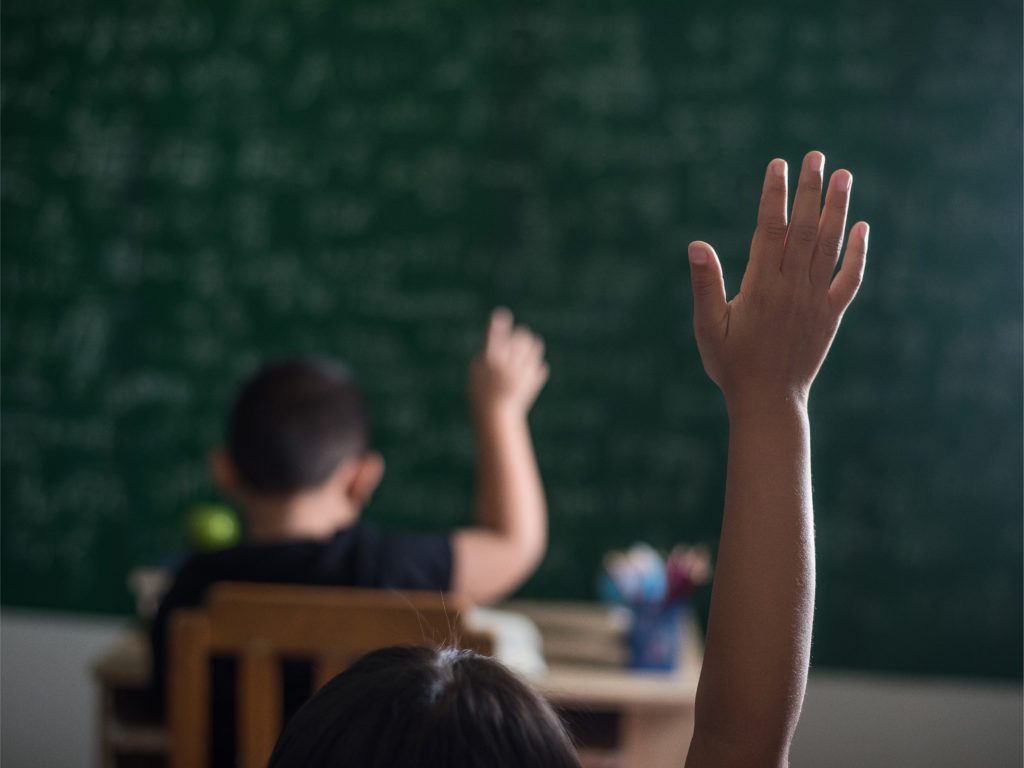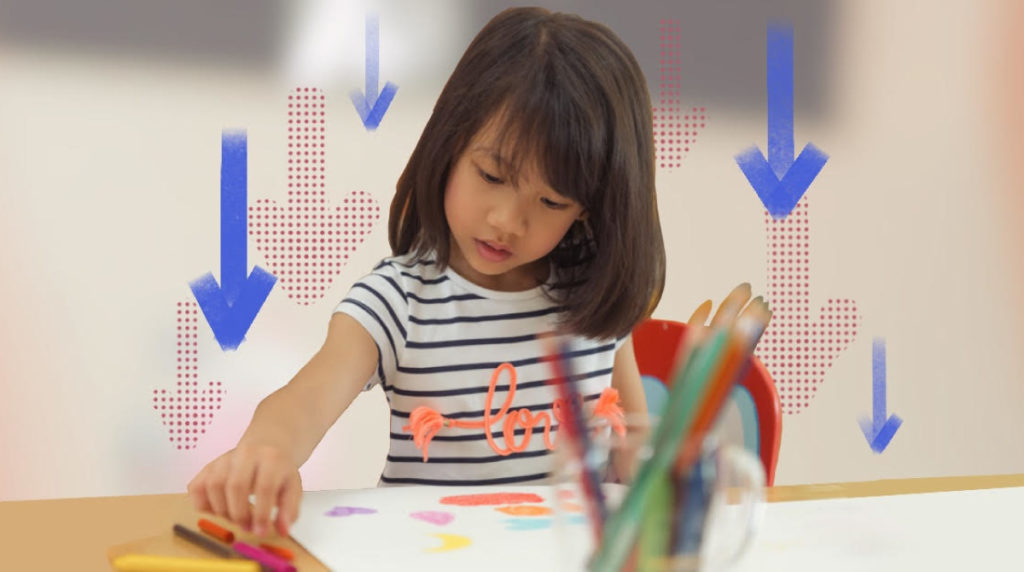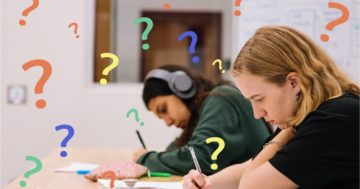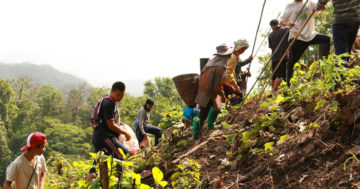It has had a global impact due to the COVID-19 pandemic crisis, especially the group of students whose intellectual, emotional, and social development has been interrupted because of the long-standing problem of social inequity that has accumulated. As a result, distance education cannot satisfy the specific learning demands of students.
According to the National Statistical Office’s 2019 household survey on the use of information and communication technology, many homes with children under the age of 15 do not have a computer. Meanwhile, data from the Organization for Economic Co-operation and Development (OECD) in the Programmed for International Student Assessment (PISA) shows that only 61 percent of students in the bottom 25% of socioeconomic-based schools on the Economic, Social, and Cultural Status (ESCS) have access to the Internet and 1 in 4 students do not have a quiet space to study at home.

Due to restrictions on household economic status, students’ access to education was reduced, resulting in learning loss. It causes a qualitative issue in which young children in kindergarten are the most negatively impacted by school closures. According to research conducted by the University of the Thai Chamber of Commerce and the Equitable Education Fund (EEF), school closures lowered children’s learning to only 1-2 percent of what they would have learned in a regular course.
Assistant Professor Yotsawee Saifah, Ph.D. Associate Dean of the Faculty of Education, Chulalongkorn University, defined Learning Loss in the discussion program. According to “Let’s Think and Talk with Experts to Help Raise Children”, it is a condition of loss of learning opportunities that results in the loss of skills that children should develop at an age. It affects the development of language and communication as well as relationship skills as some children get used to being at home. When they are going to school, there may be a fear of going to school. Children lack discipline and responsibility, especially in kindergarten children and primary school, and lack the development of social and academic skills such as reading and writing.

On the other hand, Professor Vicharn Panich, M.D., an advisor to the Board of the Equitable Education Fund (EEF) and the chairman of the Whole School Development System, identified the Learning Loss in an online seminar on the topic of Schools have changed and Learning Gap in the COVID-19 era. He stated that each student had a different basis. Due to educational gaps, a number of children did not achieve their learning goals and were not fully supervised. From the past to the present, inequality in Thailand’s educational system has been a long-standing issue. It is considerably more exciting to generate additional gaps when faced with the COVID-19 pandemic. Despite the fact that education regulations mandate equality, practice makes a difference. Initially, each school’s budget is the same, but each school’s demands are distinct. It puts distance schools at a disadvantage and increases inequity when learning equipment is required. Large schools, for example, are better equipped than small schools in terms of education, causing some children to experience more learning loss problems.

As a result, because each student’s Learning Loss is distinct, restoring Learning Loss to boost educational chances for children must be done individually. Teachers and institutions must compare the expected learning outcomes for students with actual results and analyze them to support the needs of each student. Another essential option for dealing with the various demands of each student is to reduce unneeded learning content and increase learning techniques by employing a range of tools.
Dr. Nanthaporn Janchalia Seributra, the Presidentof StarfishCountry Home School Foundation, has previously suggested five measures to restore learning loss in the Learning Box event. She stated it had to start with evaluations of the child’s and family’s environment. Helping individual students requires planning the entire school system. All sectors support tools and teacher development, follow up and improve in the short term to keep up with problems.

Thailand has always had issues with education quality in the past. The Equitable Education Research Institute (EEFI) has supported various research studies to increase educational opportunities. It is found that in order to raise the quality of education back to the same, there should be reforms in the structure and policies. Because children are the hope and vital force in the nation’s future growth, we require collaboration from all sectors.







